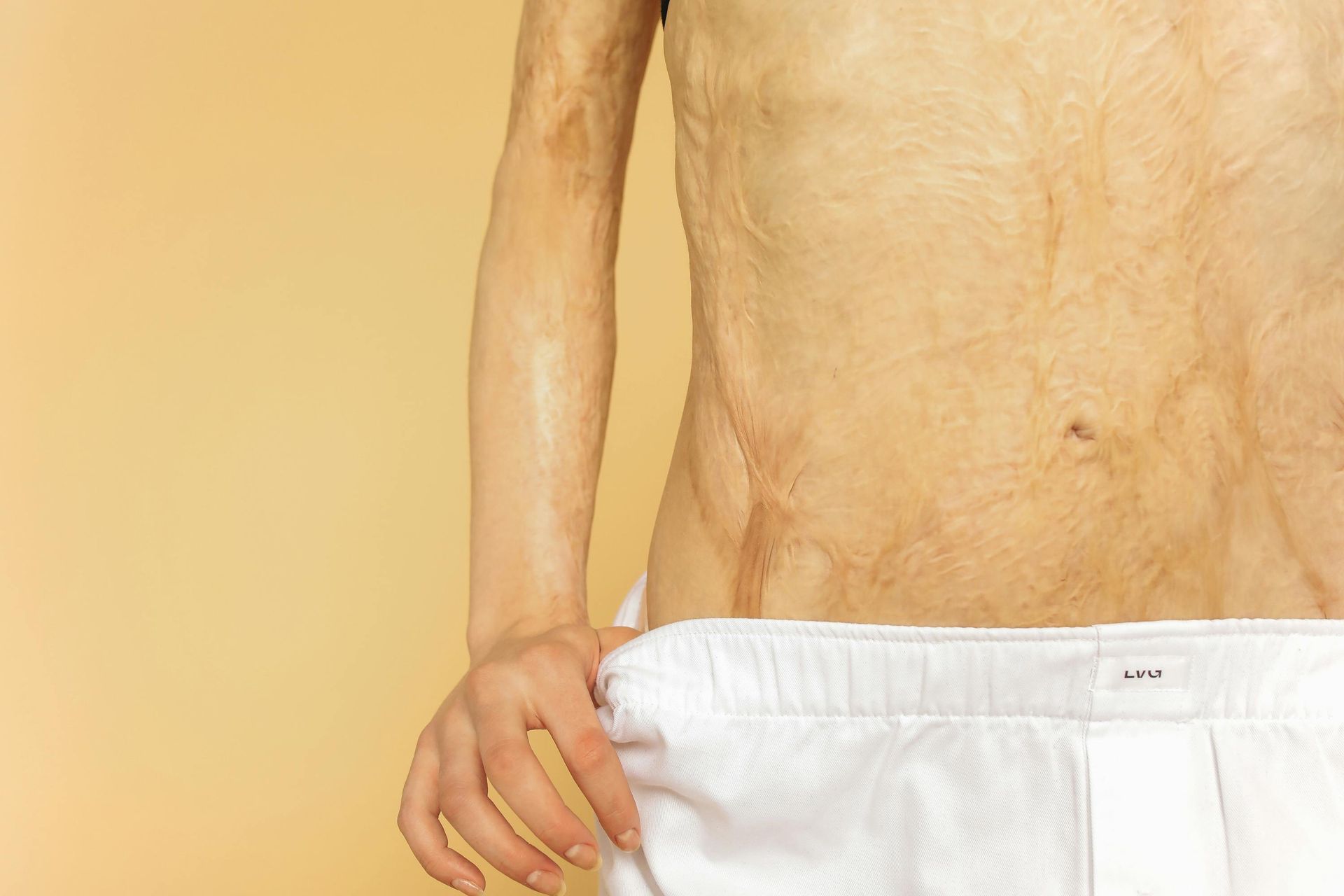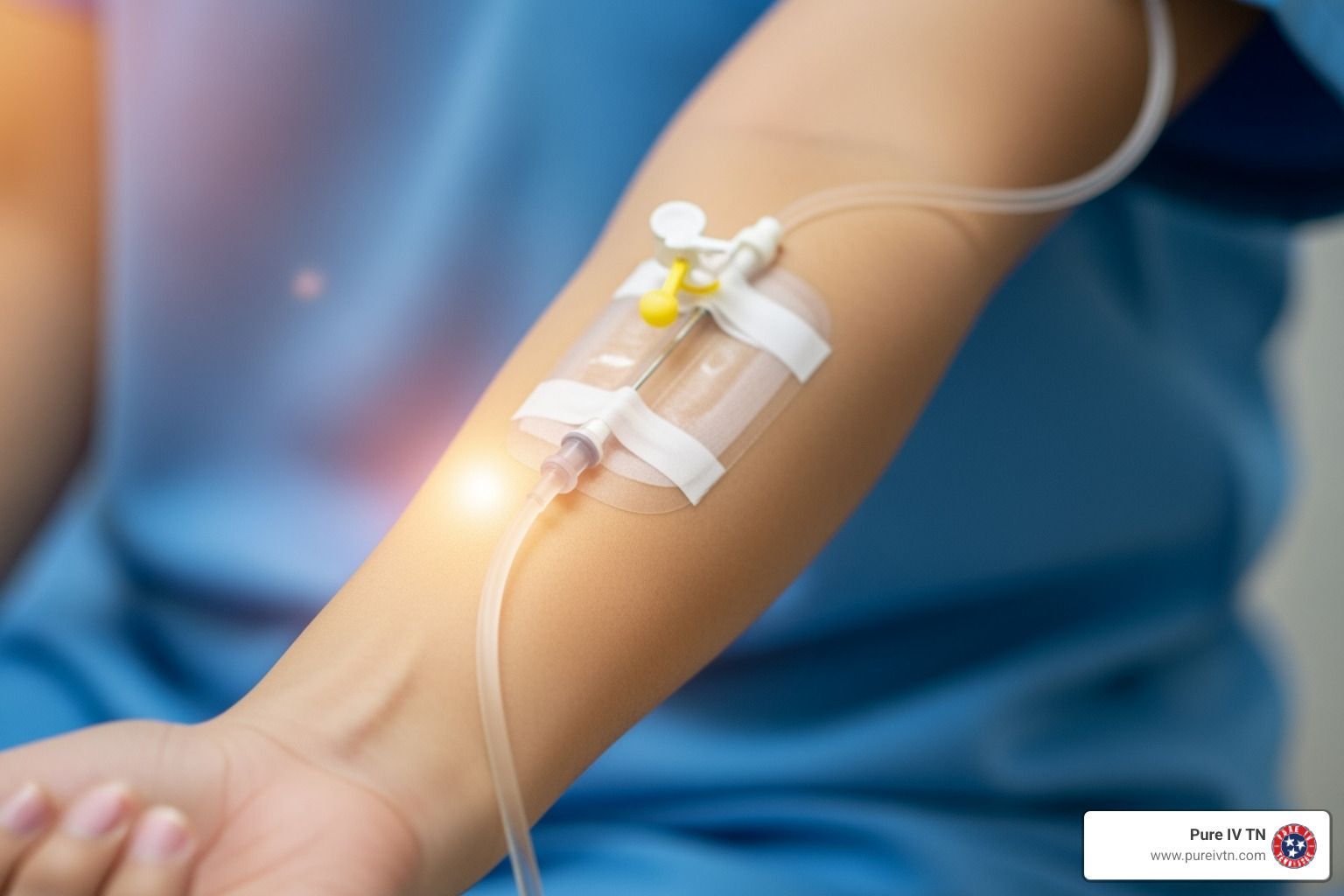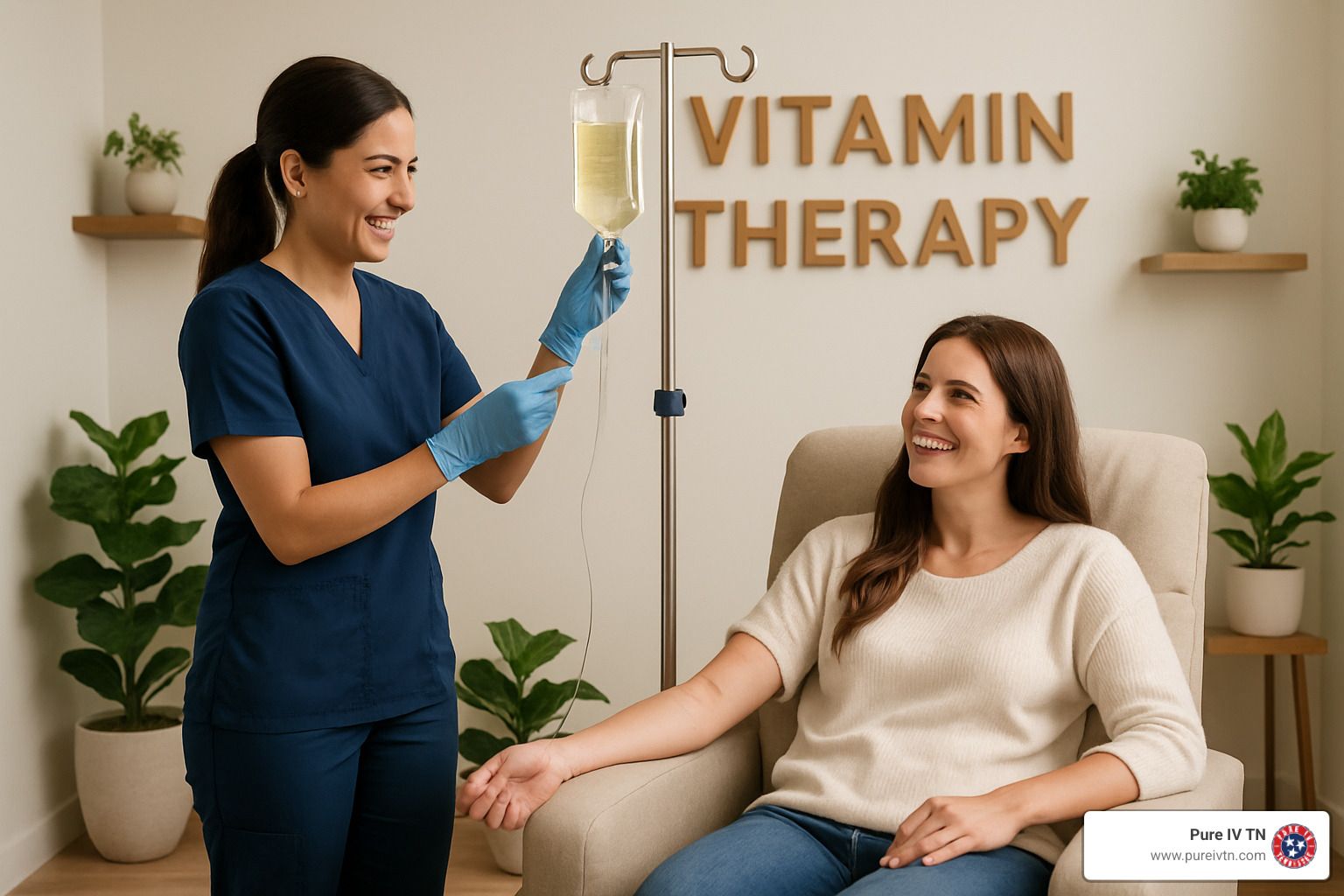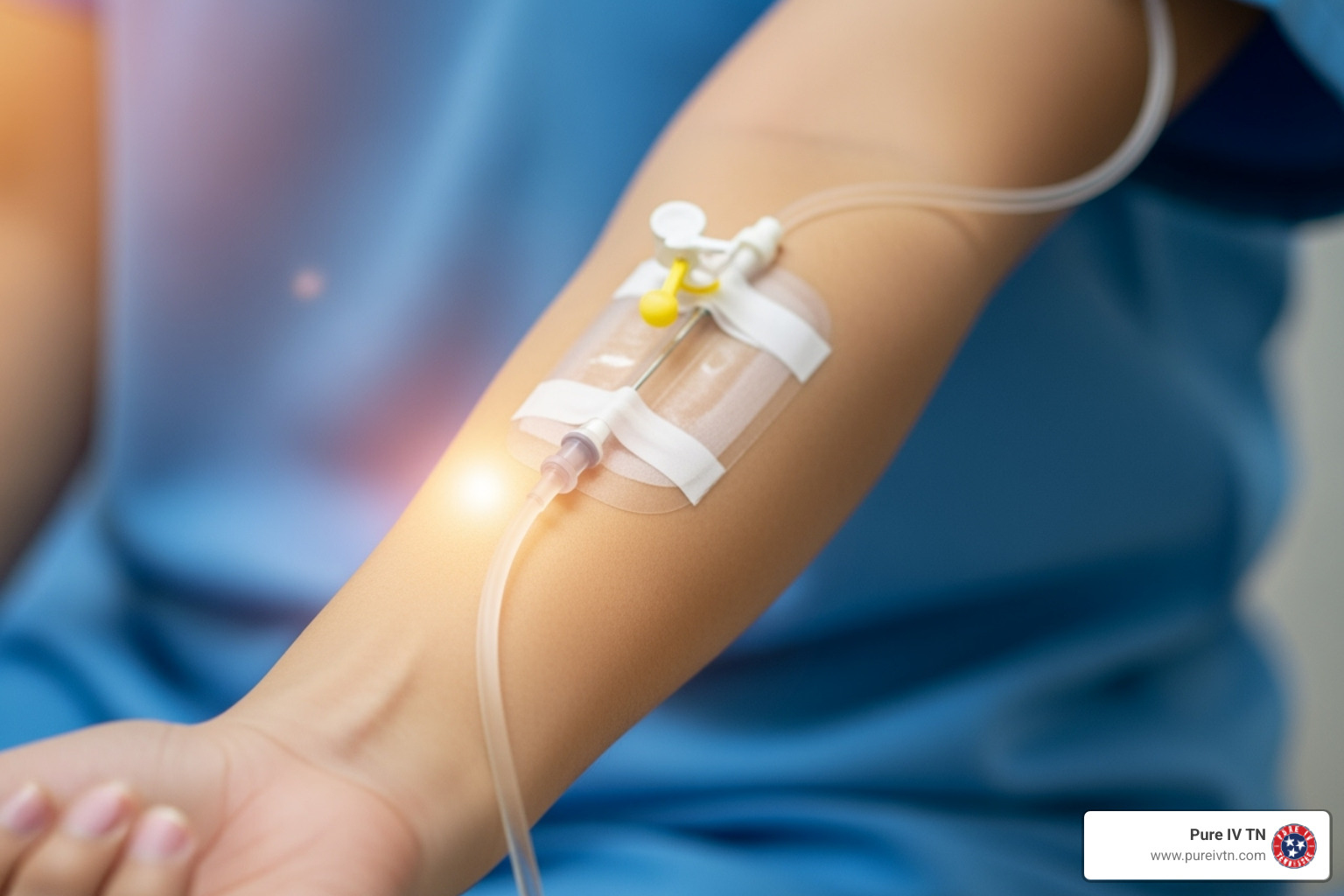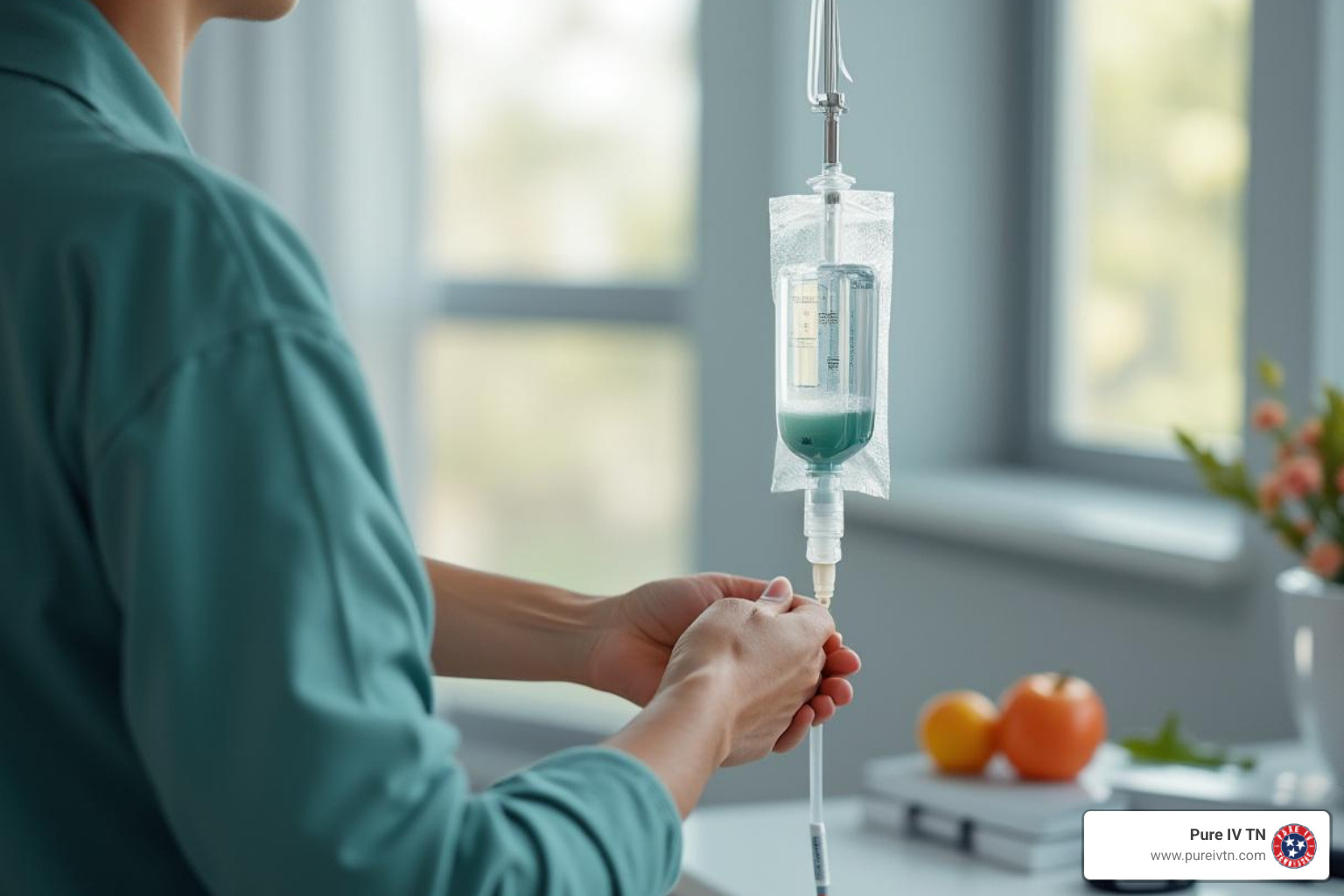How to Rehydrate After Vomiting When Nothing Stays Down
Vomiting is tough on your body. It drains fluids, weakens your strength, and disrupts balance. Rehydration is essential to restore lost fluids and electrolytes. But the challenge is real when nothing stays down.
This guide explores hydration strategies to restore health and comfort after vomiting.
Risks of Dehydration After Vomiting
Vomiting causes rapid fluid loss and depletion of electrolytes. These losses disturb fluid balance in the body. If not replaced, dehydration can progress quickly.
Warning signs of dehydration include:
- Thirst: This is a primary indicator that your body needs fluids.
- Dry mouth: A lack of saliva leads to a dry, sticky mouth.
- Dark urine: Less frequent urination and darker, stronger-smelling urine can signal dehydration.
- Headache: A common symptom of the body not having enough fluid.
- Fatigue: You may feel unusually tired or sleepier than normal.
- Dizziness or lightheadedness: Especially when standing up, is a sign of insufficient fluid.
Severe dehydration threatens your health and well-being. It reduces blood circulation, lowers blood pressure, and stresses vital organs. So when faced with dehydration, however mild it might seem, act early to prevent complications and support faster recovery.
Gentle Oral Rehydration Approaches
For mild dehydration, start slowly with small fluid intake. Drinking too much at once can trigger more vomiting. Instead, use gentle methods that give your stomach time to recover.
Effective rehydration strategies include:
- Take slow sips of water using a spoon or straw.
- Allow ice chips to melt gradually in the mouth.
- Try clear broths or weak herbal teas in very small amounts.
- Using diluted fruit juices only after vomiting slows down.
Some people also find room-temperature fluids easier to handle than cold ones. Others do better with slightly warm liquids. Experimenting gently helps find what your stomach tolerates best.
If nausea continues, pause for 20–40 minutes before trying again. The goal is steady progress without triggering more fluid loss.
Role of Electrolyte Drinks and Sports Drinks
As vomiting causes fluid loss, the body also loses essential electrolytes. Electrolytes such as sodium, potassium, and magnesium regulate muscle contractions, nerve signals, and body fluid balance. Without replacement, dehydration worsens, and weakness, cramps, or irregular heart rhythms may appear.
Electrolyte drinks are designed to restore these minerals quickly. They work faster than plain water because they include salts and carbohydrates that improve absorption.
Electrolyte drinks are especially useful for:
- Hydration after illness
- Oral rehydration therapy
- Dehydration from diarrhea and vomiting
- Excessive sweating
Many commercial rehydration solutions fall into this category and follow strict formulas for safety and effectiveness.
Sports drinks are another option. They provide electrolytes and quick energy through sugars. Athletes often use them during or after intense exercise to restore fluid levels and fuel performance.
However, soft drinks usually contain higher sugar than rehydration solutions intended for medical use. Too much sugar can upset digestion and worsen nausea after vomiting.
The best choice often depends on the situation. Commercial rehydration solutions are preferred during recovery from illness or repeated vomiting. They restore fluid balance more precisely. Sports drinks are helpful when energy is also needed, such as after physical exertion.
Avoid relying solely on soft drinks or sweetened beverages. They lack the balanced minerals needed for true hydration and may increase fluid loss. Sticking with electrolyte drinks and sports drinks in moderation ensures better recovery and long-term health and well-being.
Drinks to Avoid After Vomiting
Not all fluids help during recovery. Some drinks may worsen nausea or delay healing.
- Avoid soft drinks because carbonation may irritate the stomach.
- Skip alcohol and caffeine, which increase fluid loss and worsen dehydration.
- Be cautious with undiluted fruit juices, as high sugar can upset digestion.
Stick with rehydration solutions, electrolyte-rich fluids, or professional IV hydration instead.
When Oral Rehydration Isn’t Enough
Sometimes the stomach cannot tolerate liquids, no matter how carefully you sip. Continuous vomiting blocks effective rehydration. At this point, oral rehydration therapy will not work.
This puts you at risk of severe dehydration. Your fluid levels drop, and the electrolyte imbalance becomes more severe.
Without correction, weakness and fatigue intensify. In such cases, a direct method is required.
IV Hydration Therapy for Rehydration After Vomiting
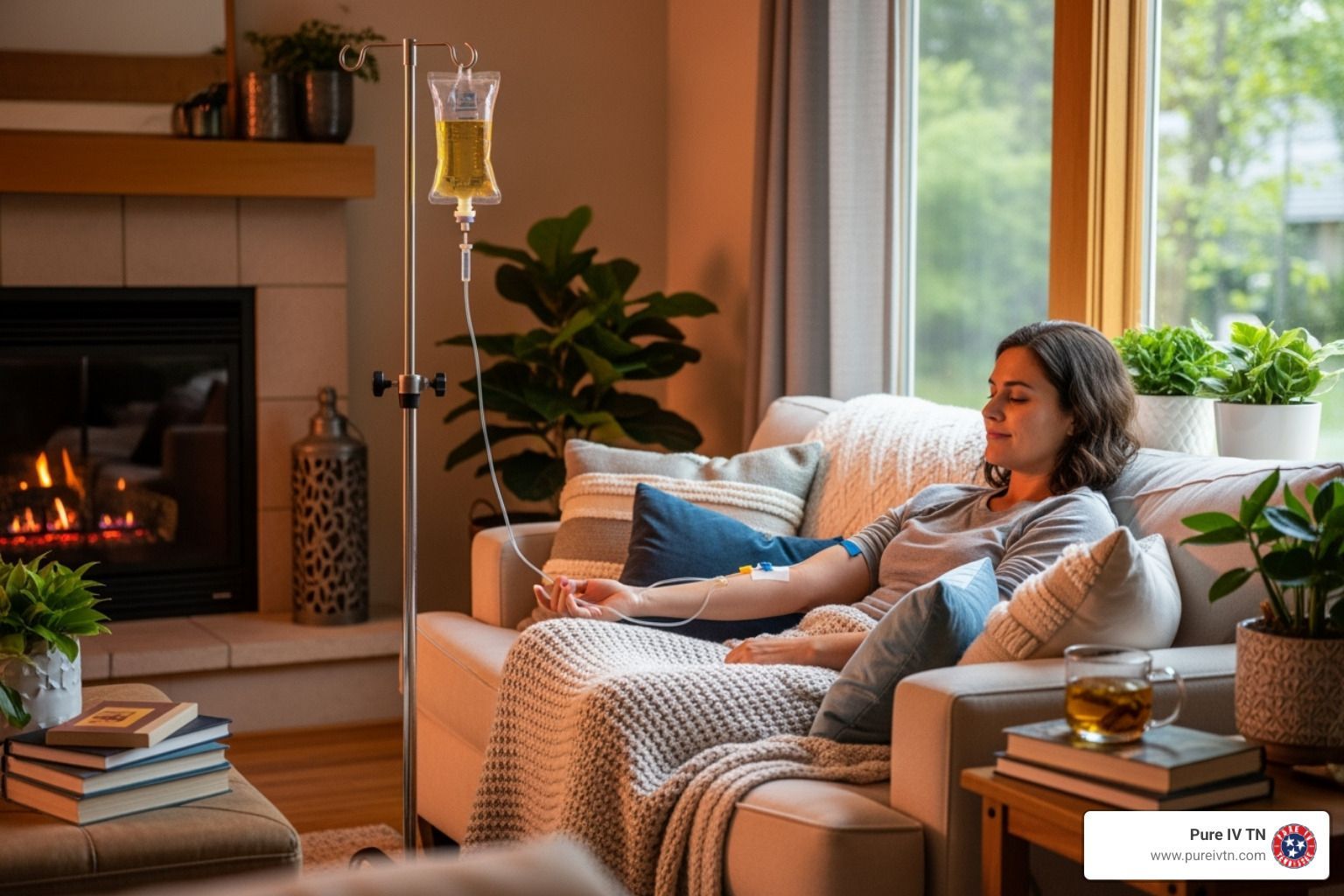
When nothing stays down, IV fluids become the most reliable solution. Unlike oral rehydration, they bypass the stomach and deliver hydration directly into the bloodstream. IV hydration for nausea quickly restores fluid balance and electrolytes, which are often depleted during prolonged vomiting.
Benefits of IV fluids for rehydration include:
- Rapid rehydration and energy restoration: Fluids enter circulation immediately, reversing dehydration faster than drinking.
- Accurate replacement of electrolytes: Customized blends can target specific deficiencies like sodium, potassium, or magnesium.
- Effective treatment when nausea prevents drinking: IV therapy removes the struggle of trying to sip fluids.
- Reduced risk of complications from prolonged fluid loss: By restoring balance, IV therapy prevents issues like low blood pressure or dizziness.
IV hydration often contains a mix of saline, electrolytes, and sometimes vitamins. These nutrients support recovery, reduce fatigue, and improve overall comfort. Some providers also include anti-nausea medications, helping patients stabilize enough to resume oral rehydration therapy later.
Safety is a key factor. Licensed professionals control the infusion rate and type of fluids. This ensures that treatment is based on medical necessity and tailored to the patient’s condition. With professional care, risks are minimized, and benefits are maximized.
At Pure IV Tennessee, mobile IV therapy makes recovery even more convenient. Instead of traveling while weak or dehydrated, you receive IV fluids at home. This professional service ensures comfort, safety, and effective rehydration whenever vomiting prevents normal fluid intake.
When to Seek Medical Help
Self-care works for mild dehydration, but some cases need medical support. Call for help if you notice:
- Severe dizziness, fainting, or confusion.
- Inability to keep fluids down for over 24 hours.
- Persistent vomiting with blood or severe abdominal pain.
- Signs of extreme dehydration, such as rapid heartbeat or sunken eyes.
Medical evaluation ensures the right treatment, whether advanced oral rehydration therapy or IV fluids.
Where to Get IV Hydration Therapy In Tennessee
When vomiting makes it impossible to stay hydrated, professional help is the safest choice. At Pure IV Tennessee, we bring medical-grade IV hydration therapy directly to your home in Tennessee.
Our treatments are designed to restore fluid balance, electrolytes, and energy quickly. Each session is administered by licensed professionals who customize the infusion to your needs. Whether you’re recovering from illness, food poisoning, heat exhaustion, or a hangover, Pure IV provides safe and effective care where you need it most.
With convenient hours of operation, you don’t have to wait in an urgent care or hospital. Instead, you receive fast, reliable relief in the comfort of your home.
Don’t let dehydration take a toll on your
health and well-being.
Book your at-home
Vitamin IV therapy with Pure IV Tennessee today.


